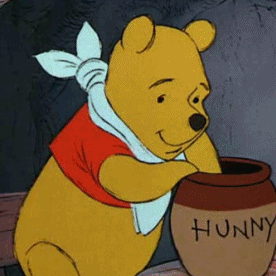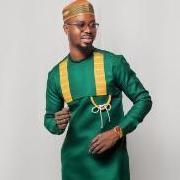I hear you. I agree with you. I can also tell you how they are thinking and what is causing this confusion.
Look at the principles outlined in that update:
3.1. [Principle 1of3] Would Jehovah Be Offended by This?
At 2 Corinthians 6:17, Jehovah gives us clear direction: “‘Therefore, get out from among them, and separate yourselves,’ says Jehovah, ‘and quit touching the unclean thing’; ‘and I will take you in.’” This principle emphasizes that Christians must stay far away from any symbol or custom related to false religion or spiritism.
3.2. [Principle 2of3] How Would This Affect Others in the Congregation?
Romans 14:19 and 21 remind us: “So, then, let us pursue the things making for peace and the things that build one another up.” “It is best not to eat meat or drink wine or do anything over which your brother stumbles.”
Even if a symbol or custom isn’t wrong in itself, we need to consider how others in the congregation might view it. We would never want our actions to offend others needlessly. At the same time, as mature Christians we respect the right that others have to make their own decisions based on their Bible-trained conscience.
3.3. [Principle 3of3] How Is This Symbol or Custom Viewed by People in My Culture or Community?
The principle here is that we take into account how others feel about and view matters. Knowing how a certain symbol or custom is viewed in our own country or community is very important. Something that is very offensive in our land or culture may be viewed as completely innocent in another land or culture.
So the Christian needs to be primarily concerned about what? “Not what a certain symbol or design possibly meant thousands of years ago or how it might be thought of on the other side of the world, but what it means now to most people where he lives.”
It's that last paragraph above that people talking about Thanksgiving or birthdays are focused on. Birthdays, like toasting, are not viewed in our community as having any connection with false religion or spiritism. It's not connected to nationalism. Points 1 and 3 both focus on whether the custom, practice, symbol, or object is currently associated with false religion or spiritism in the community we reside in.
Celebrating birthdays or Thanksgiving or any of these other holidays are, in my opinion, non-starters. We're not going back to these or any other holiday. At the very least celebrating these holidays would violate principle 2 listed above - How would this affect the congregation? Suddenly celebrating these holidays would stumble many in the congregation.
I never thought brothers would have beards or sisters wear slacks to the meeting. I'm sure many here thought that was obvious. In fact, when the change in meeting attire was first announced a very faithful brother made it clear to me how this troubled him. He even shared how we were always recognized by "how well we dressed." I know I always mocked Christendom when I'd see them not wearing a tie and sport jacket. Yet, here we are.
Same thing regarding toasting. I thought it was obvious why we did not engage in such a practice. I thought it was quite clear that toasting was a way of offering a drink offering, which is a form of worship, to whomever or whatever was being toasted.
What you and I think is obvious is not so obvious to someone else. Birthdays do not hold any religious significance in my community (I can't speak for anyone else). Thanksgiving does not seem all that nationalistic. I guarantee you nobody in the United States celebrating Thanksgiving could explain to you the nationalistic origin. They all think it came from the Pilgrims at Plymouth Rock. So, to connect back to the principles listed above - Birthdays and Thanksgiving are no longer viewed as religious or nationalistic in my community. I'm not saying this is the correct reasoning a Christian should be using. I am saying this is the line of reasoning they are following though. Again, this is why I imagine we will have a Watchtower with clarification before too long.
This reasoning should apply equally to sisters as well as brothers, no?
I think it's safe to say that, when I was your age (or a tad younger), I believed the same thing about men with only 1 earring. The expression was "left is right and right is wrong" which meant a man with an earring in the left ear was straight but the right ear was gay.
Rubbish. There is and was no such code.






















